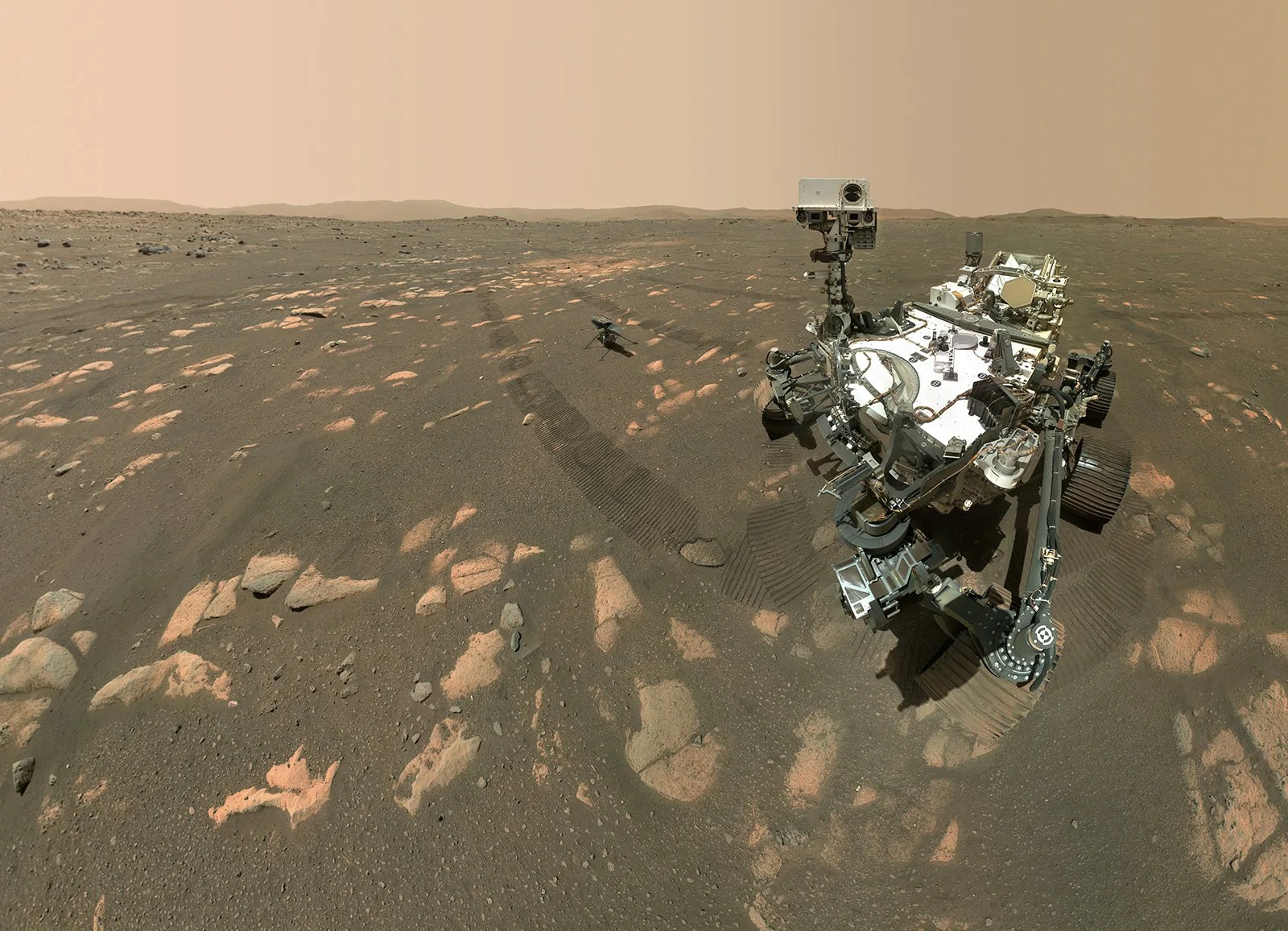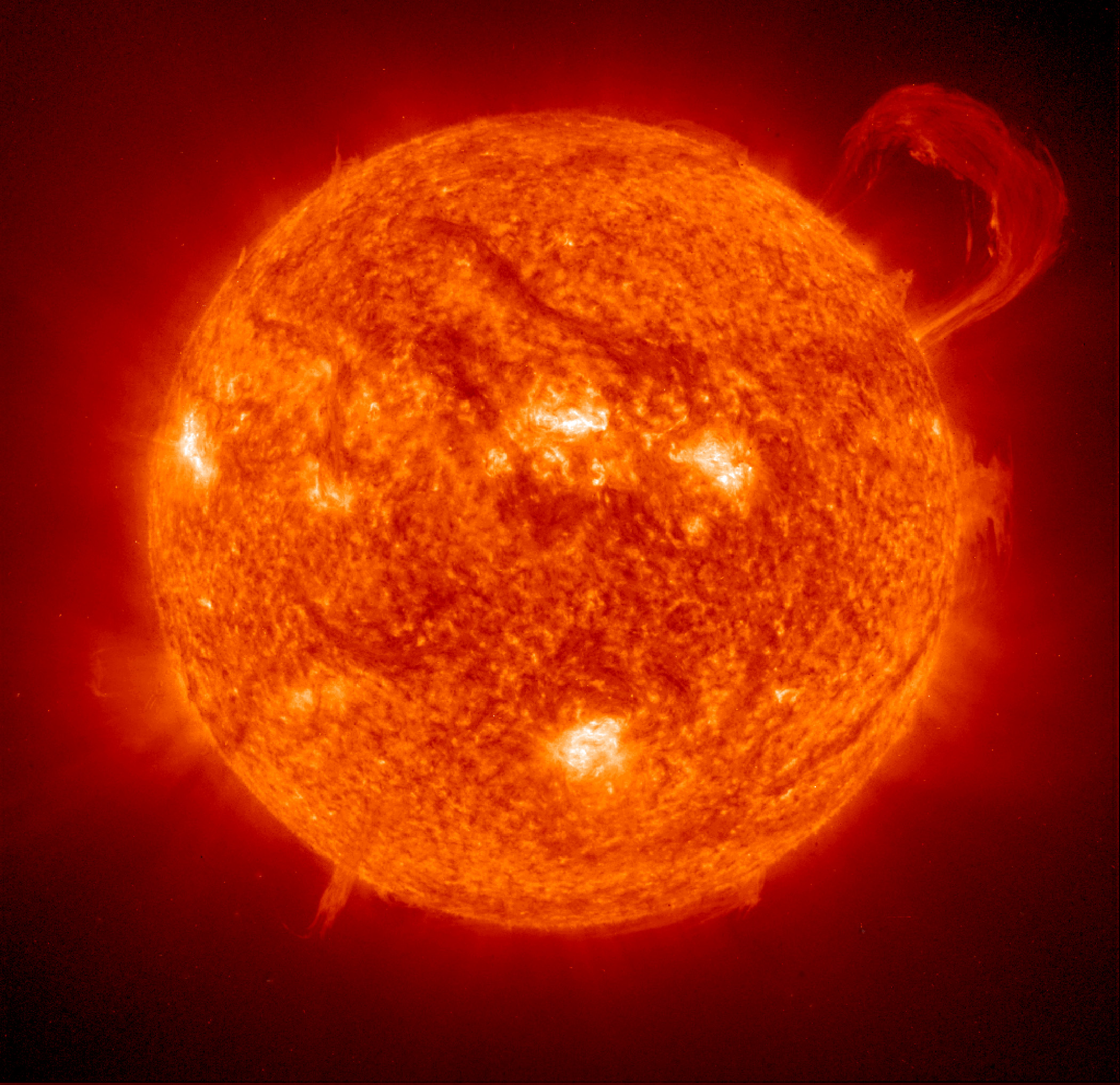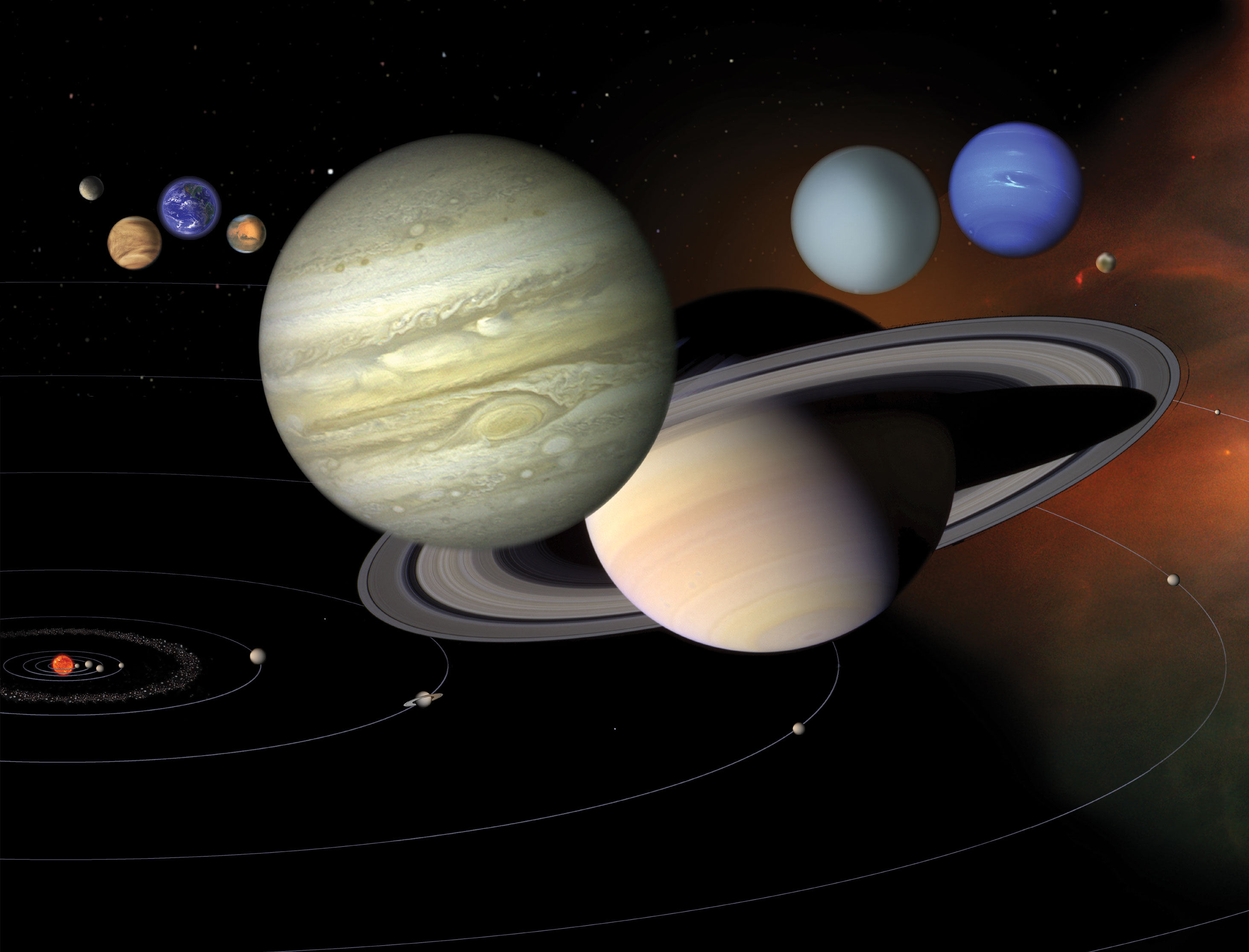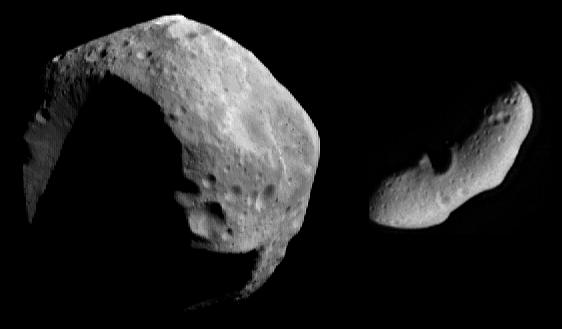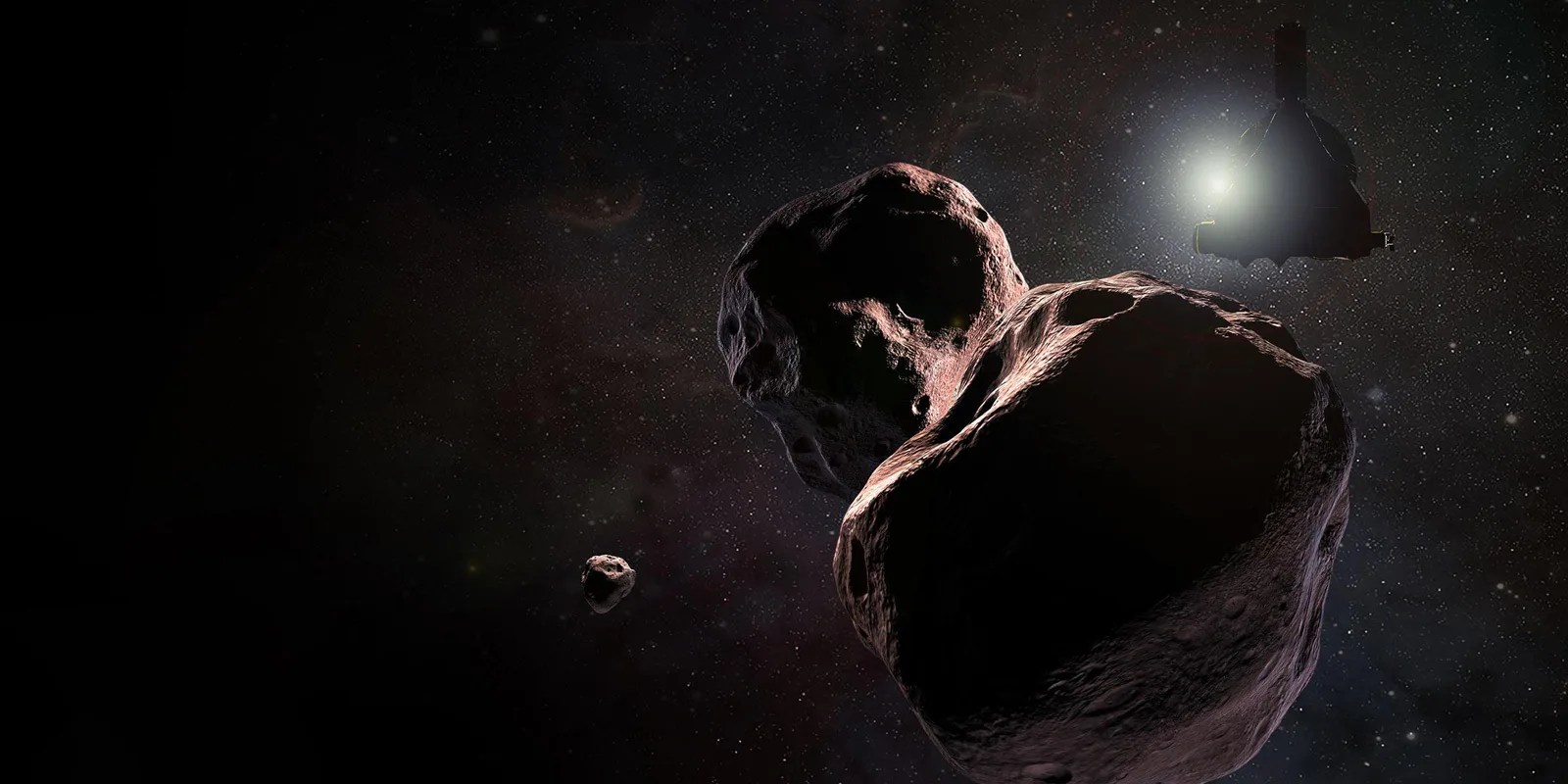A carefully selected international fleet of robotic orbiters, landers and rovers keep a continuous flow of scientific information and discovery from Mars.
Launch Date | Spacecraft | Nation | Goal | Result |
|---|---|---|---|---|
Oct 10, 1960 | 1M No. 1 | USSR | Mars Flyby | Unsuccessful |
Oct 1, 1960 | 1M No. 2 | USSR | Mars Flyby | Unsuccessful |
Oct 24, 1962 | 2MV-4 No. 1 | USSR | Mars Flyby | Unsuccessful |
Nov 1, 1962 | Mars 1 | USSR | Mars Flyby | Unsuccessful |
Nov 4, 1962 | 2MV-3 No. 1 | USSR | Mars Lander | Unsuccessful |
Nov 5, 1964 | USA | Mars Flyby | Unsuccessful | |
Nov 28, 1964 | USA | Mars Flyby | First Successful Mars Flyby | |
Nov 30, 1964 | Zond 2 | USSR | Mars Flyby | Unsuccessful |
Feb 25, 1969 | USA | Mars Flyby | Unsuccessful | |
Mar 27, 1969 | 2M No. 521 | USSR | Mars Orbit | Unsuccessful |
Mar 27, 1969 | Mariner 7 | USA | Flyby | Successful |
Apr 2, 1965 | 2M No. 522 | USSR | Mars Orbit | Unsuccessful |
May 9, 1971 | USA | Mars Orbit | Unsuccessful | |
May 10, 1971 | Kosmos 419 | USSR | Mars Orbit | Unsuccessful |
May 19, 1971 | Mars 2 | USSR | Mars Orbit & Landing | Partial Success; First Mars Impact |
May 28, 1971 | Mars 3 | USSR | Mars Orbit & Landing | Partial Success; First Soft Landing on Another Planet |
May 30, 1971 | USA | Mars Orbit | Successful; First Spacecraft to Orbit Another Planet | |
Jul 21, 1973 | Mars 4 | USSR | Mars Orbit | Partial Success |
Jul 25, 1973 | Mars 5 | USSR | Mars Orbit | Successful |
Aug 5, 1973 | Mars 6 | USSR | Mars Flyby & Landing | Partial Success |
Aug 9, 1973 | Mars 7 | USSR | Mars Flyby & Landing | Partial Success |
Aug 20, 1975 | USA | Mars Orbit & Landing | First Successful Mars Lander | |
Sep 9, 1975 | USA | Mars Orbit & Landing | Successful | |
Jul 7, 1998 | Phobos 1 | USSR | Phobos Orbit & Landing | Unsuccessful |
July 12, 1988 | Phobos 2 | USA | Mars Orbit & Landing | Unsuccessful |
Sep 25, 1992 | USA | Mars Orbit | Unsuccessful | |
Nov 7, 1996 | USA | Mars Orbit | Successful | |
Nov 16, 1996 | Mars 96 | USSR | Mars Orbit, Landing & Impact | Unsuccessful |
Dec 4, 1996 | USA | Mars Lander & Rover | First Successful Rover on Another Planet | |
Jul 3, 1998 | Nozomi | Japan | Mars Orbit | Unsuccessful |
Dec 11, 1998 | USA | Mars Orbit | Unsuccessful | |
Jan 3, 1999 | USA | Mars Orbit & Impact | Unsuccessful | |
Apr 7, 2001 | USA | Mars Orbit | Successful | |
Jun 2, 2003 | Mars Express / Beagle 2 | ESA | Mars Orbit & Landing | Partial Success |
Jun 10, 2003 | USA | Mars Rover | Successful | |
Jul 8, 2003 | USA | Mars Rover | Successful | |
Mar 2, 2004 | Rosetta / Philae | ESA | Mars Gravity Assist | Successful |
Aug 12, 2005 | USA | Mars Orbit | Successful | |
Aug 4, 2007 | USA | Mars Landing | Successful | |
Sep 27, 2007 | Dawn | USA | Mars Gravity Assist | Successful |
Nov 8, 2011 | Phobos-Grunt / Yinghuo-1 | Russia / China | Mars Orbit | Unsuccessful |
Nov 26, 2011 | USA | Mars Rover | Successful | |
Nov 5, 2013 | Mars Orbiter Mission | India | Mars Orbit | Successful |
Nov 18, 2013 | USA | Mars Orbit | Successful | |
Mar 14, 2016 | ExoMars Trace Gas Orbiter / Schiaparelli | ESA | Mars Orbit & Landing | Partial Success |
May 5, 2018 | USA | Mars Landing & Flyby | Successful | |
Jul 19, 2020 | Hope | United Arab Emirates | Mars Orbit | Successful |
Jul 27, 2020 | Tianwen-1 | China | Mars Orbiters, Landers & Rover | Successful |
Jul 30, 2020 | USA | Mars Rover & Helicopter | Successful; First Powered Flight on Another Planet |
Primary Source: Siddiqi, Asif A. Beyond Earth: A Chronicle of Deep Space Exploration, 1958-2016. NASA History Program Office, 2018.
Keep Exploring

